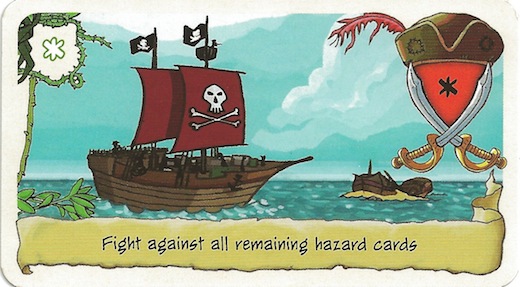This just in: girls aren’t supposed to like things originally meant for boys, or at least not according to recent decisions perpetrated by executives and developers. Girls are not an “appropriate” audience for boys’ things. This revelation comes after executives at Warner Brothers canceled the Young Justice cartoon after the audience they were reaching wasn’t the one they were intending to reach: the show was gathering more girls and women viewers than young boys.
For a little context in case any are unaware, Young Justice is an animated superhero television show on Cartoon Network that was created by Brandon Vietti and Greg Weisman. It follows a number of teenaged superheroes and sidekicks as they form a covert group called The Team that functions as an offset of the Justice League, their adult counterparts in crime fighting. I only watched occasionally but from what I witnessed, the show was an intelligent and well-written one with realistic and compelling characters and an intriguing plot. Furthermore it really showcased a diverse array of heroes with plenty of female characters and characters of color.
After its cancellation, Paul Dini, a writer for other Warner Brothers franchises, attributed the show’s network “failure” to the fact that it wasn’t targeting young boys who are the typical purchasers of the toy line. In an interview with Kevin Smith on his Fatman on Batman podcast, Dini said:
But then, there’s been this weird—there’s been a sudden trend in animation, with super-heroes. Like, ‘It’s too old. It’s too old for our audience, and it has to be younger. It has to be funnier.’ And that’s when I watch the first couple of episodes of Teen Titans Go!, it’s like those are the wacky moments in the Teen Titans cartoon, without any of the more serious moments. ‘And let’s just do them all fighting over pizza, or running around crazy and everything, ’cause our audience—the audience we wanna go after, is not the Young Justice audience any more. We wanna go after little kids, who are into—boys who are into goofy humor, goofy random humor, like on Adventure Time or Regular Show. We wanna do that goofy, that’s where we’re going for.’”
But a much more problematic message came later as he said that girls taking an interest in boys-oriented shows has previously been the cause of show cancellation. “They’re all for the boys, we do not want the girls! I mean, I’ve heard executives say this, you know, not where I am but at other places, saying like, ‘We do not want girls watching these shows,” Dini went on to say. When asked why they weren’t interested in getting the viewership of half of the population he said, “They don’t buy toys. The girls buy different toys.”
Besides media representation, this also raises a whole lot of discussion about the gendering of toys, but that’s another complicated issue. These excuses – because let’s not fool ourselves, that’s simply what they are – are something we’ve heard extensively as female gamers. The exact wording isn’t the same but the content seems to remain consistent across mediums, especially traditionally male-dominated ones. We’ve been told games with female protagonists aren’t produced because they wont sell despite the fact that nearly half of all gamers are women. We are not catered to in the least bit in the mainstream market despite our clear interest and purchasing power. Female gamers are expected to play games with male player characters but male gamers are not expected to do the same for games with female characters. All of this boils down to a single message that women and girls aren’t welcome and aren’t respectable enough to be considered a target or even appropriate market. Comics, superheroes, and action cartoons are for boys. Video games are for men. All these microaggressions culminate to create a hostile environment for girls and women.
While this is just more of the same, I would argue that this news marks a new low and is certainly a discouraging note to end girl geek culture representation on in 2013. Because if we can’t enjoy what isn’t made for us but aren’t given anything of interest that we can, is there really anything for us at all?




